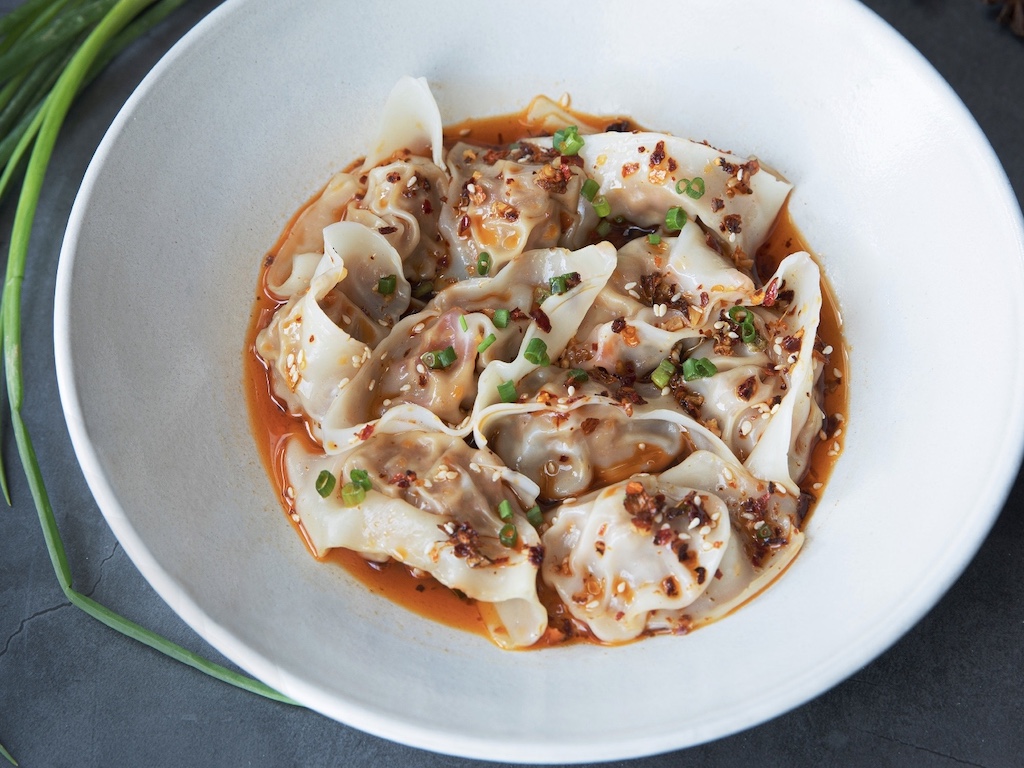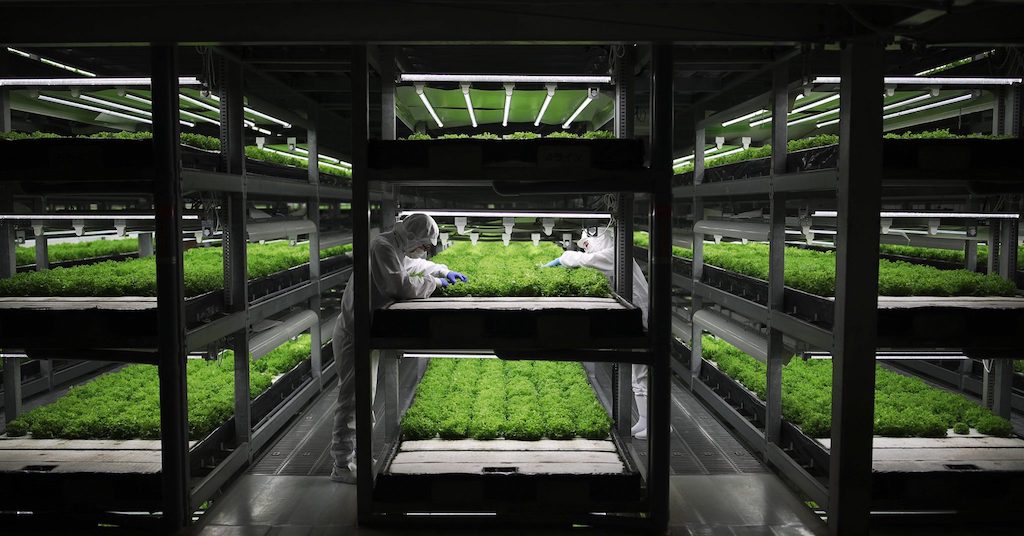4 Mins Read
Last year was a banner year for agrifood tech companies across Asia Pacific. And 2022 is following with notable achievements, with more than 360 investment deals in the first half of the year totaling more than $5 billion, according to the latest AgFunder report, produced in partnership with Thai Wah, Omnivore, and AgriFutures Australia.
While investments were down in the first half of 2022 by 47 percent in line with the slowing of venture capital, Asia Pacific is still driving the global shift to a more sustainable food system, with investments into the sector totaling more than $15 billion last year, bringing the region’s ten-year investment total to more than $55 billion. This accounts for 30 percent of all global food tech and ag tech investments.
Investing in APAC food tech
India is leading the APAC region with 225 deals, followed by 104 in China, 63 in Singapore, 57 in Indonesia, and 55 in Australia. All totaled, Japan, South Korea, Pakistan, and Bangladesh saw 105 deals. Deals across food innovations, farm tech, and agribusiness marketplaces led the funding, with bioenergy and biomaterials, farm robotics, and mechanization tech rounding out the top categories.
Last year’s investments were up 67 percent over 2020 numbers. Almost half of that went to China. And declining investments this year point back to China, the report says, with Chinese startups raising less than $1 billion in the first half of 2022 compared to $5 billion during the same time period last year.

But despite China’s decline, the rest of the region is on the upswing this year, raising $3.9 billion in the first half of 2022, a 15 percent increase over 2021. Some APAC countries like India could see record-setting years, AgFunder reports. India has already seen nearly $3 billion in investments in the first half of the year.
The report also notes that even without China’s large funding numbers last year, the region broke investment records, totaling $8.1 billion, which was more than double 2020’s numbers.
“Early on we saw the potential of the region, with its booming population growth and emerging centres of technology innovation, as a destination for agrifoodtech venture investment,” Michael Dean, AgFunder founding partner and Asia-Pacific head said in a statement accompanying the report.
“We established our GROW Accelerator and Singapore-based venture impact funds to assist institutional and corporate investors in the region to access the disruptive technologies that have the potential to drive efficiencies, profitability and sustainability for decades to come,” he said.

Median deal sizes increased last year, hinting at inflated valuations for early-stage companies. “The median decrease at late and growth stages in H1-2022 is indicative of the expected decline in funding for the year, particularly from China,” AgFunder says.
The report notes China’s market is cooling, particularly following the $3 billion raise for Xingsheng Youxuan, a food delivery startup. The country is seeing investments in a standout category that may prove to have longer legs than food delivery: farmtech. China closed $605 million in farm tech deals in 2021, a 60 percent jump over 2020. Ag Biotech, supply chain tech, and robotics are particular strengths, the report notes.
India is leading the sector
But the category leader is India, AgFunder says. “India is by far the most advanced farm tech ecosystem in AsiaPacific with startups operating in every farm tech category.”
According to the report, funding for farm tech in the region reached $2.2 billion in 2021, double 2020 levels, with a 17.5 percent increase in the total number of deals.

India is also the leader in farm management software with startups dating back to the beginning of agtech globally, reads the report. The country also closed the most deals (25) in this
category in 2021.
AgFunder’s report comes on the heels of the Good Food Institute India’s 2022 Summit focused on bringing smart protein and tech to the country. India will surpass China as the most populous country in the world next year, and climb to more than 1.5 billion by 2030 and 1.66 billion by 2050. Its agricultural sector is buoyed by smallholder farms, which make up the bulk of the sector. There are an estimated 90 million to 150 million farmers across India.
“The challenges we face before us, in terms of food safety and security are growing,” Varun Deshpande, President, GFI Asia, said during the event. “We think that smart protein—meat, eggs, and dairy made from plants, cells, and microorganisms—is one of our best bets for a more sustainable, secure, and just food supply.”
Lead image courtesy Canva.




